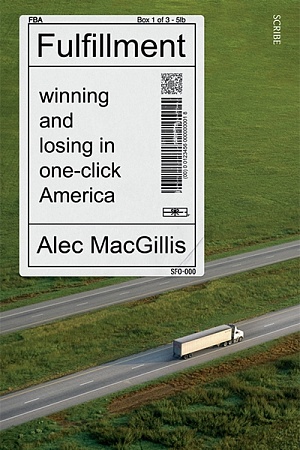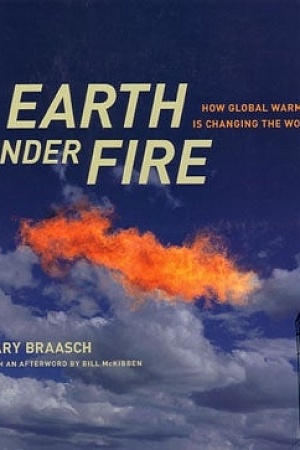The knowledge Wars
Melbourne University Press, $29.99 pb, 272 pp, 9780522862850
The knowledge Wars by Peter Doherty
'Knowledge', asserts Peter Doherty, quoting Francis Bacon, 'is power'. Since 1996, having demonstrated his outstanding Nobel Prize contribution to the discovery of the nature of cellular immune defence and continuing research on viruses and immunity, this famous medical veterinarian has produced four books to enlighten a general audience on such matters as pandemics, hot air, birds, and his own personal saga, The Beginner's Guide to Winning the Nobel Prize (2006). Now he sets out to discuss the realities and challenges that face us – homo sapiens – from anthropogenic climate change and to show how our intelligent response to knowledge can influence the future of our planet.
This is a powerful and important book. Doherty, in his amiable conversational style, attempts to bring the forces of history, scientific enquiry and example, and his own considered understanding to educate the reader about the nature of science and the potentially deadly conflict we face between 'the new knowledge based in science' and 'the established powers' of money, vested interests, and global conglomerates. To these he adds the influence of advertising, the persistence of unexamined scepticism, narrow political vision, fraud, the greed of rampant consumerism, and community indifference and ignorance. In his view, not only are the established powers 'doing their utmost to block real progress and discredit the science: they seem to be winning'. But as Doherty contends, 'You don't have to be a scientist to know that we are all dependent on the good health of one small planet and that, ultimately, we will all share the same fate if we fail to use our power in ways that protect the benign environmental envelope and fragile atmosphere that is necessary to sustain life.'
Continue reading for only $10 per month. Subscribe and gain full access to Australian Book Review. Already a subscriber? Sign in. If you need assistance, feel free to contact us.













Leave a comment
If you are an ABR subscriber, you will need to sign in to post a comment.
If you have forgotten your sign in details, or if you receive an error message when trying to submit your comment, please email your comment (and the name of the article to which it relates) to ABR Comments. We will review your comment and, subject to approval, we will post it under your name.
Please note that all comments must be approved by ABR and comply with our Terms & Conditions.